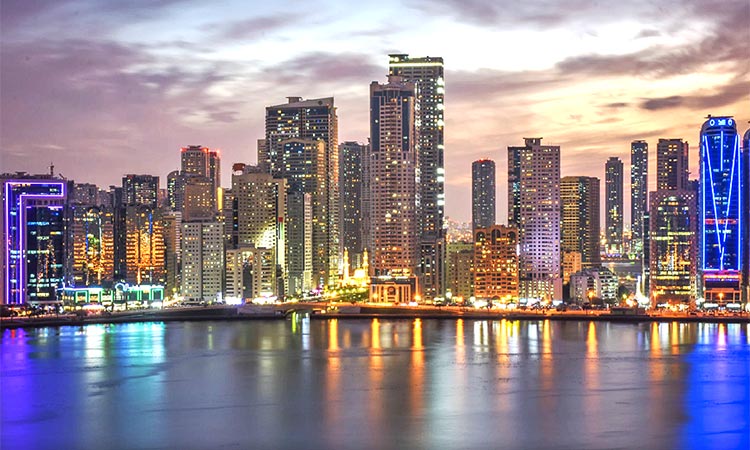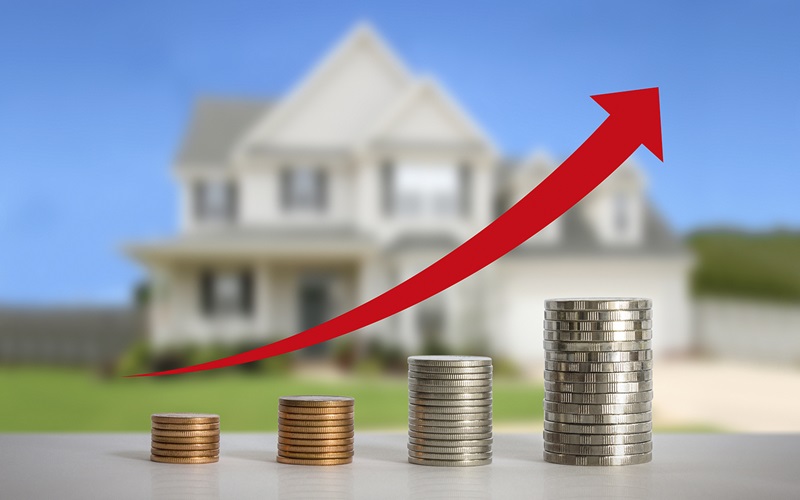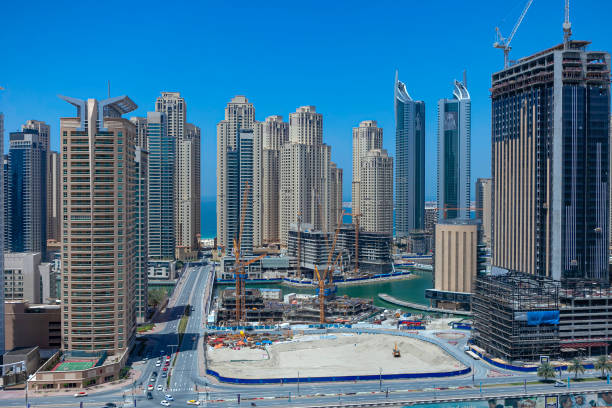Dubai’s real estate market is one of the most dynamic in the world, offering a wide array of options for both renters and buyers. As the city continues to grow and attract a diverse population of expatriates, professionals, and investors, the decision of whether to rent or buy property becomes increasingly significant. Both renting and buying have their advantages and challenges, and the best choice depends on various factors such as financial stability, long-term plans, and lifestyle preferences. In this blog, we’ll explore the pros and cons of renting versus buying in Dubai, helping you make an informed decision.
Understanding Dubai’s Real Estate Market
Before diving into the specifics of renting versus buying, it’s important to understand the current state of Dubai’s real estate market. The market is characterized by a mix of luxury properties, affordable housing, and a range of investment opportunities. In recent years, Dubai has seen fluctuations in property prices, influenced by factors such as economic conditions, global events, and government policies. These fluctuations have made both renting and buying attractive options, depending on your individual circumstances.
The Case for Renting in Dubai
For many residents, renting a home in Dubai is the preferred option. The rental market is vast and varied, offering everything from high-end villas to more budget-friendly apartments. Here are some key reasons why renting might be the better choice for you:
1. Flexibility
One of the biggest advantages of renting is flexibility. Whether you’re an expatriate on a short-term assignment or someone who likes to move frequently, renting offers the freedom to change your living situation without the long-term commitment of homeownership. This is particularly important in a city like Dubai, where job mobility and lifestyle changes are common.
2. Lower Upfront Costs
Renting a house in Dubai requires significantly lower upfront costs compared to buying. When you rent, you typically need to pay a security deposit and a few months’ rent in advance. In contrast, buying a property involves substantial costs such as down payments, registration fees, and ongoing maintenance expenses. For those who prefer to keep their savings liquid or invest elsewhere, renting can be a more financially prudent choice.
3. No Maintenance Responsibilities
When you rent a property, maintenance and repair costs are generally the responsibility of the landlord. This can save you both time and money, as you won’t have to worry about unexpected expenses for repairs or renovations. In Dubai, where maintenance costs can be high due to the climate and the nature of the properties, this is a significant benefit.
4. Access to Premium Locations
Renting allows you to live in prime locations that might be unaffordable to buy in. Areas like Downtown Dubai, Palm Jumeirah, and Dubai Marina are home to some of the city’s most desirable properties, but purchasing in these locations can be prohibitively expensive. Renting, on the other hand, provides access to these premium areas at a fraction of the cost.
When Renting Makes Sense
Renting is ideal if you are new to Dubai, unsure about your long-term plans, or prefer the flexibility to relocate as needed. It’s also a good option if you want to experience different parts of the city before committing to a specific area.
The Case for Buying in Dubai
On the other hand, buying a property in Dubai offers a different set of advantages, especially for those looking to establish roots or invest in the city’s real estate market. Here’s why buying might be the better option for you:
1. Long-Term Investment
Real estate in Dubai has the potential to be a solid long-term investment. With the city’s continuous development and its strategic location as a global business hub, property values in certain areas are likely to appreciate over time. Owning a property gives you the opportunity to build equity and potentially benefit from capital gains in the future.
2. Stability and Security
Buying a home provides stability and security that renting cannot match. As a homeowner, you are not subject to the whims of landlords or fluctuating rental prices. You have full control over your living space, allowing you to make modifications and improvements as you see fit. This is especially appealing to families or individuals planning to stay in Dubai for the long term.
3. Favorable Financing Options
Dubai offers a variety of mortgage options for both residents and non-residents, making it easier to finance a property purchase. Interest rates in the UAE have been relatively low, and banks offer competitive mortgage products with flexible terms. Additionally, the government has introduced initiatives like longer repayment periods and lower down payment requirements, making homeownership more accessible.
4. Rental Income Potential
For those looking at properties for sale in the UAE as an investment, buying in Dubai presents the opportunity to earn rental income. The city’s strong rental market means that owning a property can generate a steady stream of income, particularly in high-demand areas. This can be especially lucrative if you purchase a property in a location with high rental yields.
When Buying Makes Sense
Buying is a good option if you are committed to living in Dubai for an extended period and want to benefit from property appreciation and rental income. It’s also ideal if you have the financial resources to manage the upfront costs and are looking for a stable, long-term investment.
Key Considerations
When deciding between renting and buying in Dubai, consider the following factors:
– Financial Situation: Assess your financial stability, including your ability to manage upfront costs, ongoing expenses, and potential market fluctuations.
– Lifestyle: Think about your lifestyle preferences, such as whether you value flexibility or stability, and how long you plan to stay in Dubai.
– Market Conditions: Keep an eye on market trends, property values, and rental prices to determine the most favorable time to rent or buy.
– Legal Aspects: Understand the legal requirements and implications of both renting and buying, including tenancy laws and property ownership regulations in Dubai.
Conclusion
Both renting and buying have their unique advantages in Dubai’s real estate market, and the best choice depends on your individual circumstances. Renting offers flexibility, lower upfront costs, and access to premium locations, making it ideal for those who prioritize mobility and financial liquidity. On the other hand, buying provides long-term stability, investment potential, and the opportunity to build equity, making it suitable for those committed to making Dubai their home.
Whether you’re exploring houses for rent in Dubai or considering properties for sale in the UAE, it’s essential to carefully weigh your options and consider your long-term goals. By understanding the pros and cons of each, you can make an informed decision that aligns with your financial situation, lifestyle, and future plans in this vibrant and ever-evolving city.




